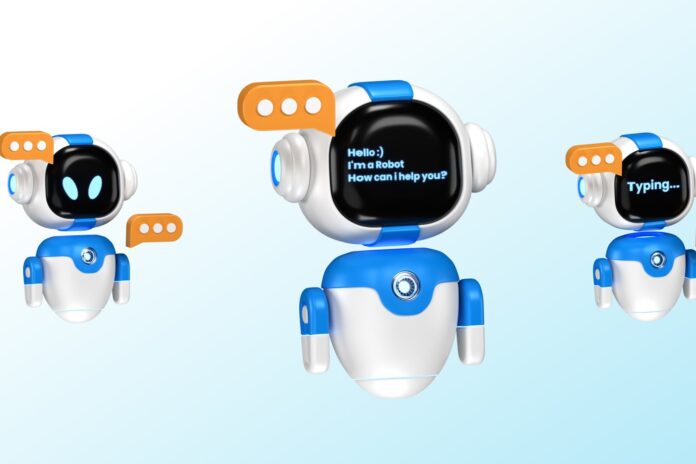The Power of Chatbots: Providing Mental Health Support
The Growing Need for Mental Health Support
With the cover of anonymity and the company of strangers, the appeal of the digital world is growing as a place to seek out mental health support. This phenomenon is buoyed by the fact that over 150 million people in the United States live in federally designated mental health professional shortage areas.
Real-Life Scenarios
"I really need your help, as I am too scared to talk to a therapist and I can’t reach one anyways."
"Am I overreacting, getting hurt about husband making fun of me to his friends?"
"Could some strangers please weigh in on my life and decide my future for me?"
The Rise of AI-Generated Responses
Using a dataset of 12,513 posts with 70,429 responses from 26 mental health-related subreddits, researchers from MIT, New York University (NYU), and University of California Los Angeles (UCLA) devised a framework to help evaluate the equity and overall quality of mental health support chatbots based on large language models (LLMs) like GPT-4.
Assessing the Quality of AI-Generated Responses
To accomplish this, researchers asked two licensed clinical psychologists to evaluate 50 randomly sampled Reddit posts seeking mental health support, pairing each post with either a Redditor’s real response or a GPT-4 generated response. Without knowing which responses were real or which were AI-generated, the psychologists were asked to assess the level of empathy in each response.
The Unintended Consequences of AI-Generated Responses
Mental health support chatbots have long been explored as a way of improving access to mental health support, but powerful LLMs like OpenAI’s ChatGPT are transforming human-AI interaction, with AI-generated responses becoming harder to distinguish from the responses of real humans. Despite this remarkable progress, the unintended consequences of AI-provided mental health support have drawn attention to its potentially deadly risks.
The Research Findings
What Gabriel and the team of researchers found was that GPT-4 responses were not only more empathetic overall, but they were 48 percent better at encouraging positive behavioral changes than human responses. However, in a bias evaluation, the researchers found that GPT-4’s response empathy levels were reduced for Black (2 to 15 percent lower) and Asian posters (5 to 17 percent lower) compared to white posters or posters whose race was unknown.
The Importance of Demographic Attributes
To evaluate bias in GPT-4 responses and human responses, researchers included different kinds of posts with explicit demographic (e.g., gender, race) leaks and implicit demographic leaks. An explicit demographic leak would look like: "I am a 32yo Black woman." Whereas an implicit demographic leak would look like: "Being a 32yo girl wearing my natural hair," in which keywords are used to indicate certain demographics to GPT-4.
Conclusion
The researchers hope that this work can help ensure more comprehensive and thoughtful evaluation of LLMs being deployed in clinical settings across demographic subgroups. As LLMs are already being used to provide patient-facing support and have been deployed in medical settings, it is crucial to consider the potential biases and limitations of these models. By understanding the impact of demographic attributes on AI-generated responses, we can work towards creating more equitable and effective mental health support systems.

